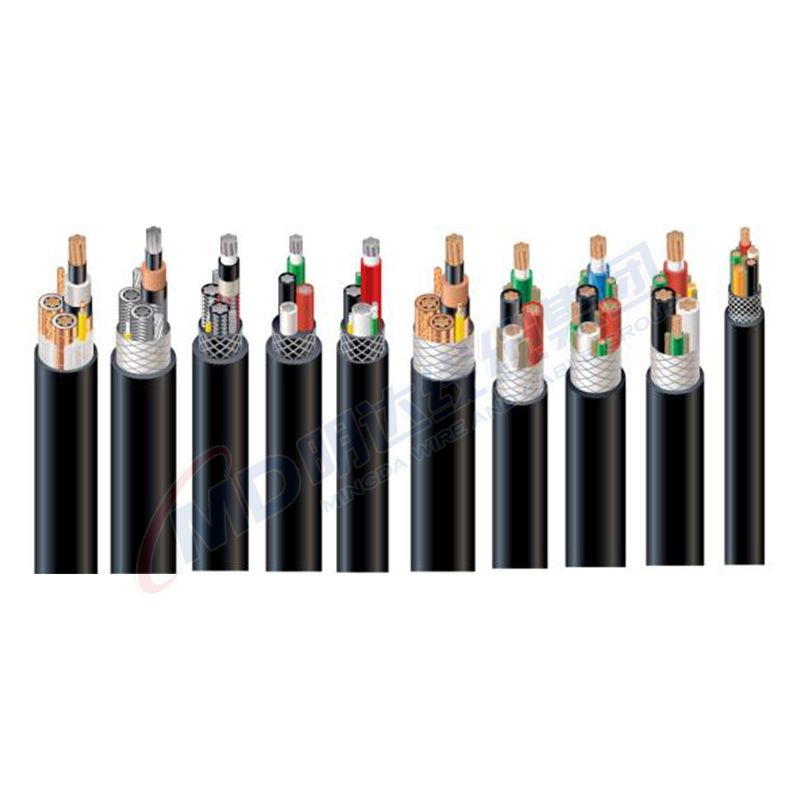Sep . 09, 2024 16:00 Back to list
Gate Valve Actuator - Efficient Control Solutions for Valve Automation
Understanding Gate Valve Actuators An Essential Component for Industrial Control
Gate valves are widely used in various industrial applications for controlling the flow of liquids and gases. They are designed to provide straight-line flow with minimal pressure drop and are particularly effective for applications requiring either full on or full off operation. However, operating gate valves manually can often be inefficient and labor-intensive, particularly in large-scale operations. This is where gate valve actuators come into play, significantly enhancing the performance and efficiency of gate valve systems.
A gate valve actuator is a mechanical device that automates the opening and closing of a gate valve
. By using an actuator, operators can remotely control the valve's position, which is crucial in environments where valves are hard to reach, operate under hazardous conditions, or need to be controlled frequently. Actuators come in various types, primarily categorized as electric, pneumatic, or hydraulic, each with its own set of benefits suited for different applications.Electric Actuators are popular due to their ease of integration with modern control systems. These devices convert electrical energy into mechanical movement, which opens or closes the gate valve. By utilizing electric actuators, users benefit from precise control over valve position, allowing for accurate flow management. Additionally, they are equipped with feedback systems that provide real-time data on the valve's status. This capability makes electric actuators an ideal choice for applications requiring precision and automation.
gate valve actuator

Pneumatic Actuators utilize compressed air to control the valve operation. They are prized for their speed and reliability, making them suitable for processes where rapid valve actuation is necessary. One of the significant advantages of pneumatic actuators is their ability to operate in extreme conditions and their relatively low cost compared to electric actuators. However, they often require a constant air supply, which may not be feasible in all settings.
Hydraulic Actuators are employed in situations requiring significant force, as they use hydraulic fluid to generate a powerful mechanical movement. These actuators are ideal for large gate valves that handle high pressures and need a robust force for operation. The downside to hydraulic actuators, however, is the more complex maintenance requirements and potential environmental concerns related to hydraulic fluid leaks.
Regardless of the type chosen, the selection of a gate valve actuator must consider several factors, including the specific application, the environment in which it will operate, maintenance requirements, and budget constraints. It’s also essential to ensure compatibility with the existing control systems for seamless integration.
In conclusion, gate valve actuators play a vital role in enhancing the functionality and efficiency of gate valves in various industrial settings. By automating valve operation, these devices contribute not only to operational safety but also to the overall productivity of processes. As industries increasingly adopt automation, the importance of choosing the right actuator for gate valves will only continue to grow, driving the need for innovation and advancement in actuator technology. Through careful selection and implementation of these devices, facilities can optimize their operations, reduce labor costs, and enhance safety – factors that are crucial in today’s fast-paced industrial landscape.
Share
-
Reliable Wafer Type Butterfly Valves for Every IndustryNewsJul.25,2025
-
Reliable Flow Control Begins with the Right Ball Check ValveNewsJul.25,2025
-
Precision Flow Control Starts with Quality ValvesNewsJul.25,2025
-
Industrial Flow Control ReliabilityNewsJul.25,2025
-
Engineered for Efficiency Gate Valves That Power Industrial PerformanceNewsJul.25,2025
-
Empowering Infrastructure Through Quality ManufacturingNewsJul.25,2025